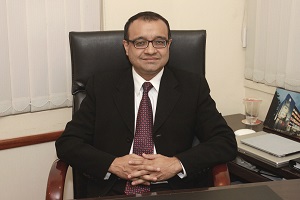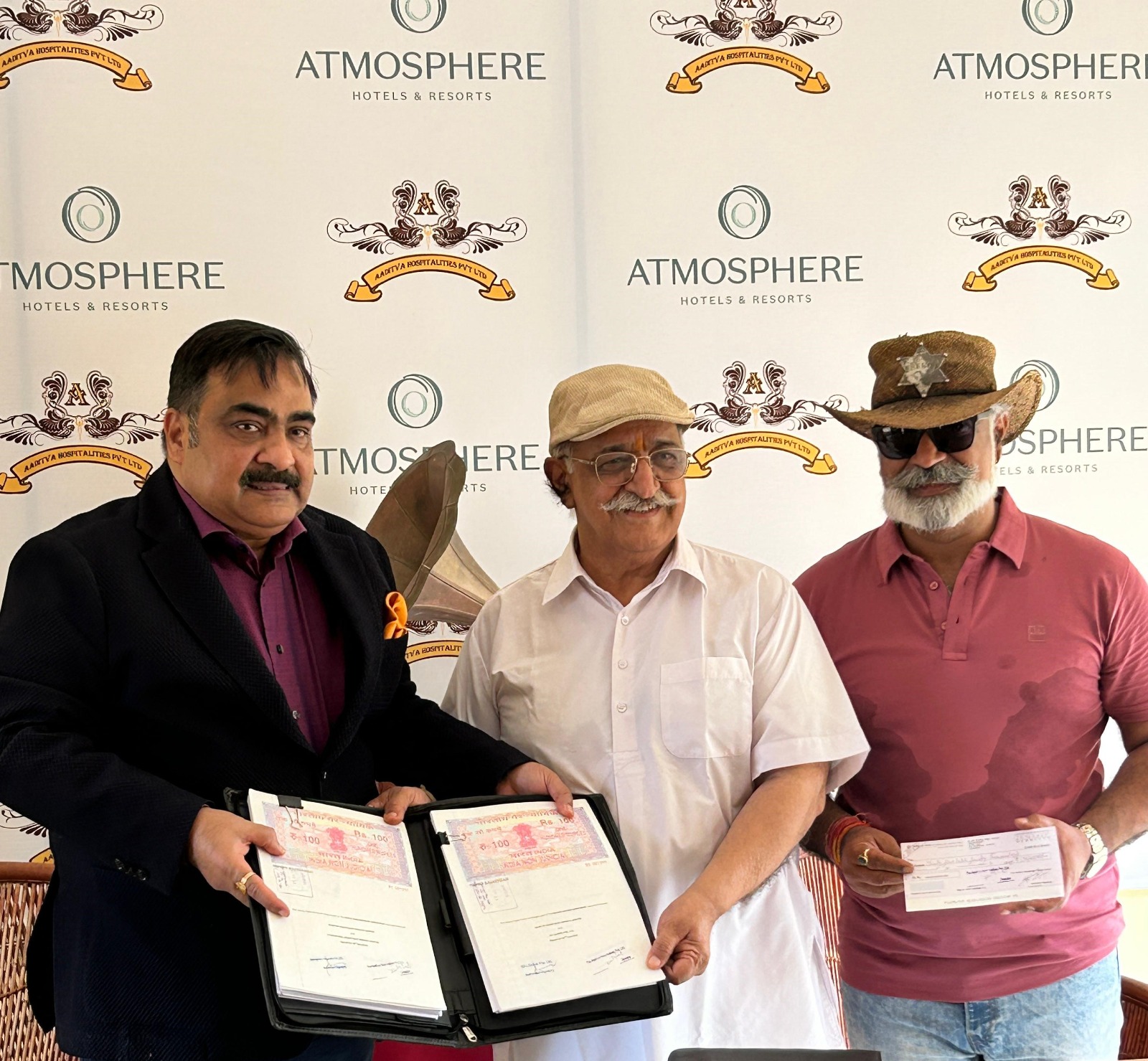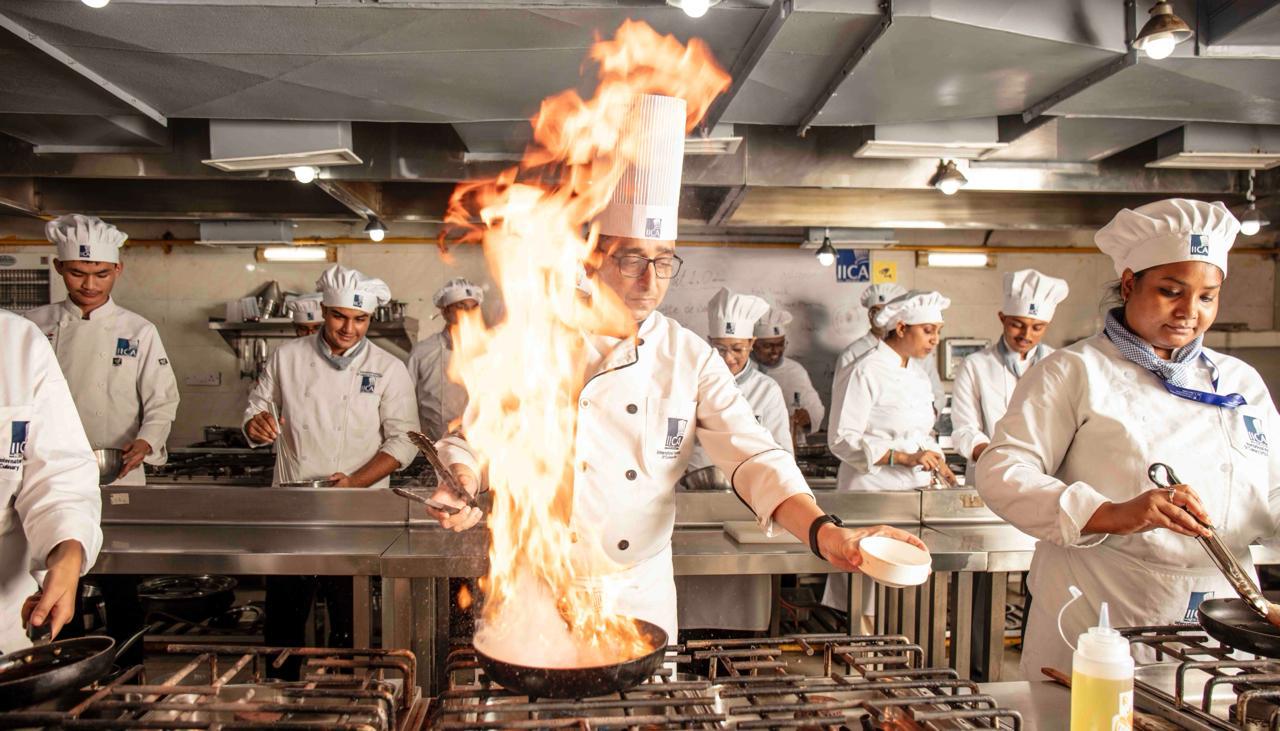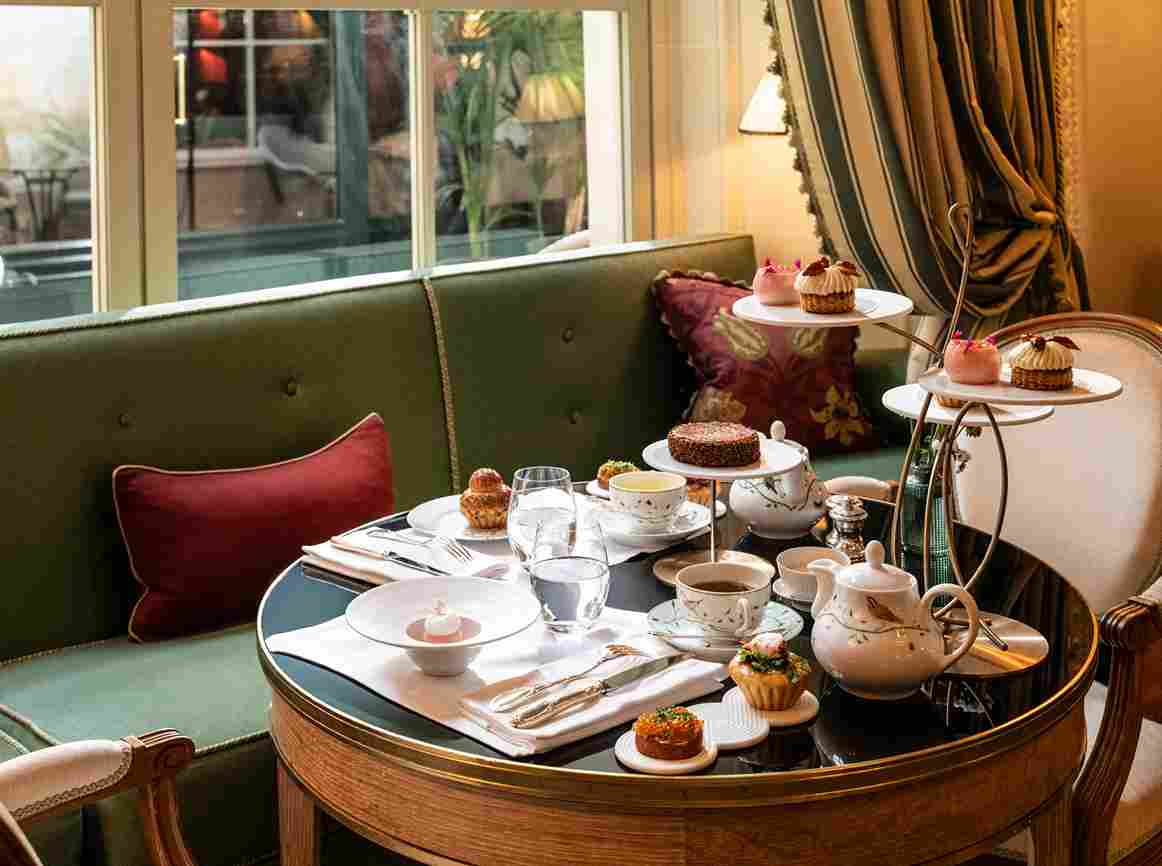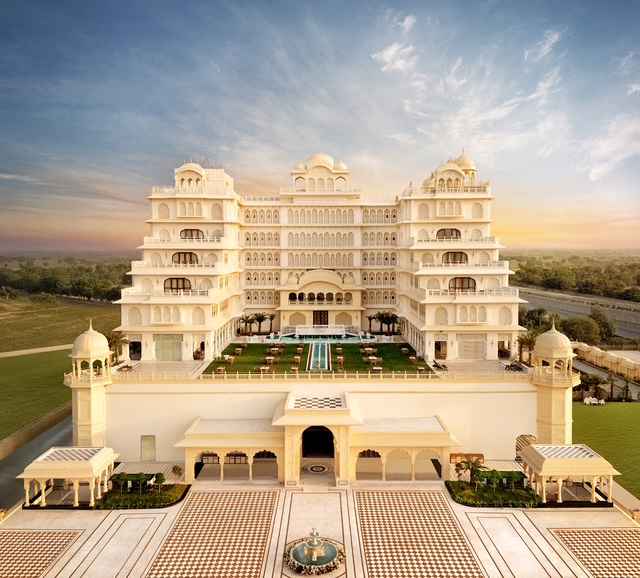Debashis Ghosal, MD & CEO, Daiwik Hotels, talks about the brand and how it aims to go beyond the pilgrim towns of Rameswaram and Shirdi that it is currently located in.
Tripti Mehta
Please tell us how Daiwik Hotels came about being. Which locations are you currently in?
After we exited the multiplex industry when we sold our brand – 89 Cinemas – to Inox Leisures, we decided to enter the hotel industry but through the niche segment of pilgrim hospitality. There were no other brands with a focus on this segment and we saw that as an opportunity. Currently, we are located in Rameswaram and Shirdi.
Your hotels are centred on religious circuits. Is expansion to other religious cities and towns on the cards?
Yes, we are already working on our next hotel and residences project in Tirupati. We are also exploring some other proposals that have come to us. We are open to leasing, management contracts, or even building hotels on JV models.
What is your strategy for marketing and promotions? Is there a new segment of travellers that you’re targeting?
We do a lot of digital marketing and SMS and mailer campaigns. Our website provides a lot of content to a traveller. We have connected to a lot of spiritual groups. People visit pilgrim destinations not just for spiritual quests. In Rameswaram, the temple is a magnificent example of ancient architecture that brings in foreign travellers as well. Rameswaram has some of the best beaches and it now offers some of the best water sports in the country. Our attempt has been to sell the destination itself to grow the market.
How has the year been for you so far and what are your expectations from the near future?
We continue to grow year-on-year. This year we are focusing on the international market and growing Daiwik Hotels’ awareness amongst international agents. We look to increase our presence in more towns and cities in the future.
What is your view of the evolution of the Indian hospitality industry?
In the last couple of years, the Central Government has prioritised the tourism sector for development. The quality of hotels has improved considerably across the country, with Indian and international brands setting high standards. Indian travellers now expect the best of hospitality standards wherever they go. There will be further consolidation in the hospitality industry in the near future.
What challenges do you think the hospitality industry faces in general and in the regions you’re located in, keeping it from growing at the rate it could?
The hospitality industry as a whole could do with more government support. It takes a long time to start Greenfield projects. Smaller pilgrim towns lack infrastructure support, making operations very difficult. Recruitment of good talent and staff retention in these smaller towns are a challenge. If connectivity is improved to such locations and proper infrastructure is provided, more tourists would visit so many amazing locations that exist in this vast country of ours.


